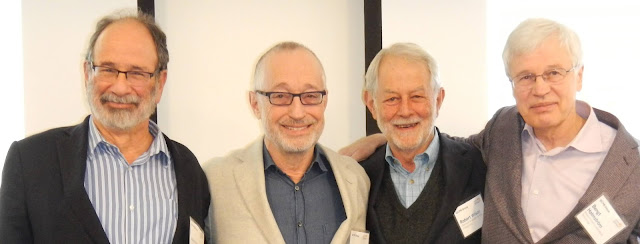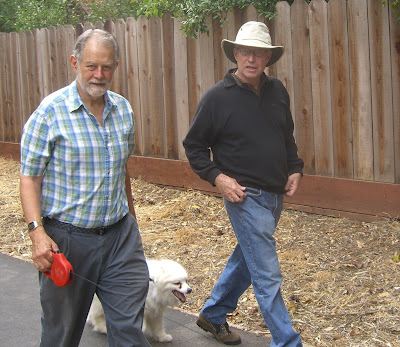There are excellent hospitals in the United Arab Emirates that can perform kidney transplants, and they are prepared to do kidney exchange, both domestically and internationally. My post today is about why the UAE would be a natural international center for kidney exchange.
International hubs for kidney exchange are needed because hard-to-match patient-donor pairs may need to find compatible exchanges outside the borders of their own countries. This is particularly true for citizens of countries with relatively small populations of potential compatible donors, and of countries that don't yet have widespread kidney exchange. But even a big country like the U.S., in which kidney exchange is a standard mode of transplantation, can sometimes be too small to find compatible kidneys for the hardest to match patients. (The U.S. itself is a natural hub for global kidney exchange, about which I've written elsewhere. But so far, bureaucratic obstacles have prevented us from integrating kidney exchange even with Canada...)
The UAE itself is already quite international, as only about 10% of its approximately 10 million residents are Emirati citizens; the rest, largely foreign workers and their families, are citizens of other countries. The biggest of the Emirates, Abu Dhabi, provides medical care for its residents that includes dialysis and transplantation for kidney failure, which is prevalent there (perhaps due in part to the very hot weather and the perils of frequent dehydration in outdoor work). Most of those patients are on dialysis, although the national health insurance will pay for transplants for those who have willing donors either in the Emirates or in their home country. The UAE is wealthy, and many of the home countries are not, so my understanding is that the UAE is prepared to assume the costs of bringing family members to the UAE and providing the necessary medical care. This is cost effective as well as good for the patient, because in the UAE as elsewhere, transplantation is much cheaper than dialysis, as well as being the best treatment. So taking a UAE resident off dialysis via transplant saves a life and pays for itself.
Of course, sometimes the UAE resident's family member who is willing to donate a kidney isn't compatible with the UAE resident. So kidney exchange makes a lot of sense in this case. But with a resident population of only 10 million, there are severe limits on how much kidney exchange can do for hard-to-match patients. So international, global kidney exchange makes sense, in which patient-donor pairs from other countries could also be transplanted in the UAE through kidney exchange with UAE residents (or, eventually, with other international pairs).
It helps a lot that the UAE is also an air transit hub, with two international airlines. Emirates has a hub in the Emirate of Dubai, and Etihad has a hub in Abu Dhabi. So a big portion of the world's population is within a few hours of direct air travel to the UAE. (When I went to the UAE this summer in connection with the UAE-Israel kidney exchange, I took a direct flight from San Francisco to Dubai, but that takes sixteen hours...)
My main goal in the UAE was to meet with various mostly government bodies engaged in an effort, in collaboration with the Alliance for Paired Kidney Donation, to make domestic and international kidney exchange a regular part of medical care there. To that end, we met with the Ministries of Health in Dubai and in Abu Dhabi, with the national health insurance, with the Red Crescent (which is able to get involved in care of patients and donors after they return home), and others.
The key player in organizing this collaboration, and in transplantation generally in the UAE is Dr Ali Abdulkareem Al Obaidli, transplant nephrologist and Chairman of the UAE National Transplant Committee. Two other key figures from the APKD are Mike Rees and Atul Agnihotri. Many of our meetings ended in photos, and I'm with those three in all pictures below.
I expect to write some more about this. In the meantime, here are related posts.
And this older one:
Here's a slide from a talk I'll be giving shortly at the annual conference of the Indian Society of Transplantation (ISOT) that provides some more information about this UAE-India exchange
.jpg)



















